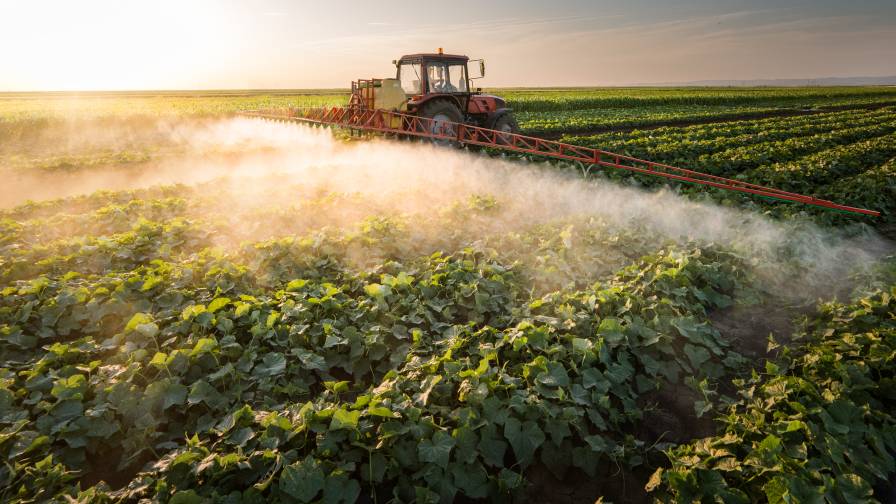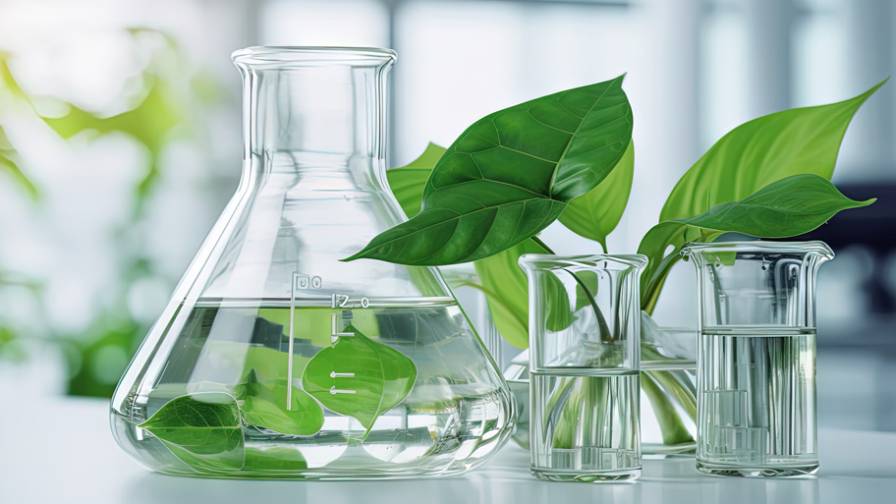Russia Ripe for Reforms
The Russian crop protection industry needs urgent reforms in order to remain competitive and continue to attract investments for its further development, according to statements made by Russia’s leading producers of agrochemicals in a recent meeting of the Russian Union of Producers of Crop Protection Products.
Over the past few years, the Russian market of crop protection products (CPP) has grown significantly, with annual growth rates of 15% to 20%. Between 2005 and 2008, sales of pesticides doubled. In 2008 market volume reached 66,900 tons and, according to some predictions, it is expected to grow to 76,000 tons by 2015.
“Currently, the potential capacity of the Russian CPP market, (which is calculated in accordance with the minimum standards of CPP’s usage), is estimated at more than $3 billion. Saturation of the market is reflected by the rate of pesticide application per unit of cultivated area,” says Sergei Aistov, CEO of Alsiko-Agroprom, one of Russia’s largest pesticide producers. “For example, in Japan such a ratio is estimated at 17 kg/ha, while in the EU, it is about 3 kg/ha. In comparison, in Russia it is only 0.08 kg/ha. So far, Russia lags behind not only Western Europe and North America, but also many countries in the Asia-Pacific region in terms of pesticide usage.”
Among the biggest problems of the market to date are the imperfection of already existing trade laws, which is expressed in the absence of licensing of distributors, low customs duties on imports of CPP, as well as the abundance of counterfeit products, according to Alexander Uskov, head of the Russian Union of Producers of Crop Protection Products and CEO of August Co., a Russian producer of crop-protection agents.
According to proposal of the Russian Union of Producers of Crop Protection Products, there is a need to implement a practice of licensing of distributors, which must be settled on a centralized basis, protecting both buyers and sellers.
“Talks about the need for licensing suppliers of pesticides have been conducting since 1997 after the adoption of the law about the safety of pesticides and agrochemicals,” says Svetlana Dolaberidze, general director of Agroliga Russia, a Russian supplier of seeds and plant protection products. “However it’s currently difficult to estimate the actual impact of such licensing, due to the fact that it could create conditions for the legalization of counterfeit producers. In addition, licensing should not result in the greater market concentration and the reduction of competition in the domestic market.”
Also being discussed is the degree of duties and protectionism for Russian producers. To date, the share of foreign suppliers of CPP in Russia is steadily increasing, with the share of the Chinese imports representing more than 6% of the total Russian market.
According to the official representative of Russia’s Ministry of Economic Development, the government has already received a petition from August Co. to increase the duties on pesticide imports to Russia from the current 5% to 20%. Final decision, regarding with this issue is expected to be taken by the end of the year.
The dominance of counterfeit goods could be considered the third major problem of the Russian CPP market. At present, the share of counterfeit goods in the Russian market of agricultural chemicals is one of the highest in the world, being in the range of 15% to 30%, and more in some regions.
The annual losses of legal Russian producers from counterfeit are estimated at $100 to $150 million a year, according to the Russian Union of Producers of Crop Protection Products.
The turnover of counterfeit products on the Russian pesticide market is estimated at $50 to $60 million, which is about 20% of total sales.
In accordance with state plans, bigger fines should become one of the main ways to combat counterfeiting. It’s possible that fines might be increased to an amount equivalent to the cost of the detected counterfeit products.
“[The] current penalty scheme is ineffective. The amount of maximum penalty is significantly less than those profits raised from such illegal activities,” says Vladimir Popovic. “Therefore, for the majority of counterfeit producers and sellers it will be much more profitable to pay fines than to stop supplies of counterfeit. There is a need to revise and tighten legislation in the field of counterfeit trade.”
Currently, private industry must pay for the destruction of counterfeit from their own resources.
There is a clear need to accelerate efforts for the creation of basic industry laws for crop protection, as well as the implementation of state oversight distributors and large industrial farms. Victor Dolzhenko, secretary of the Department of Plant Protection of the Russian Academy of Agricultural Sciences, says Russia is the only country in the CIS region that still does not have a basic law for the protection of crops, which, according to him, means the absence of state policy in this sphere.






